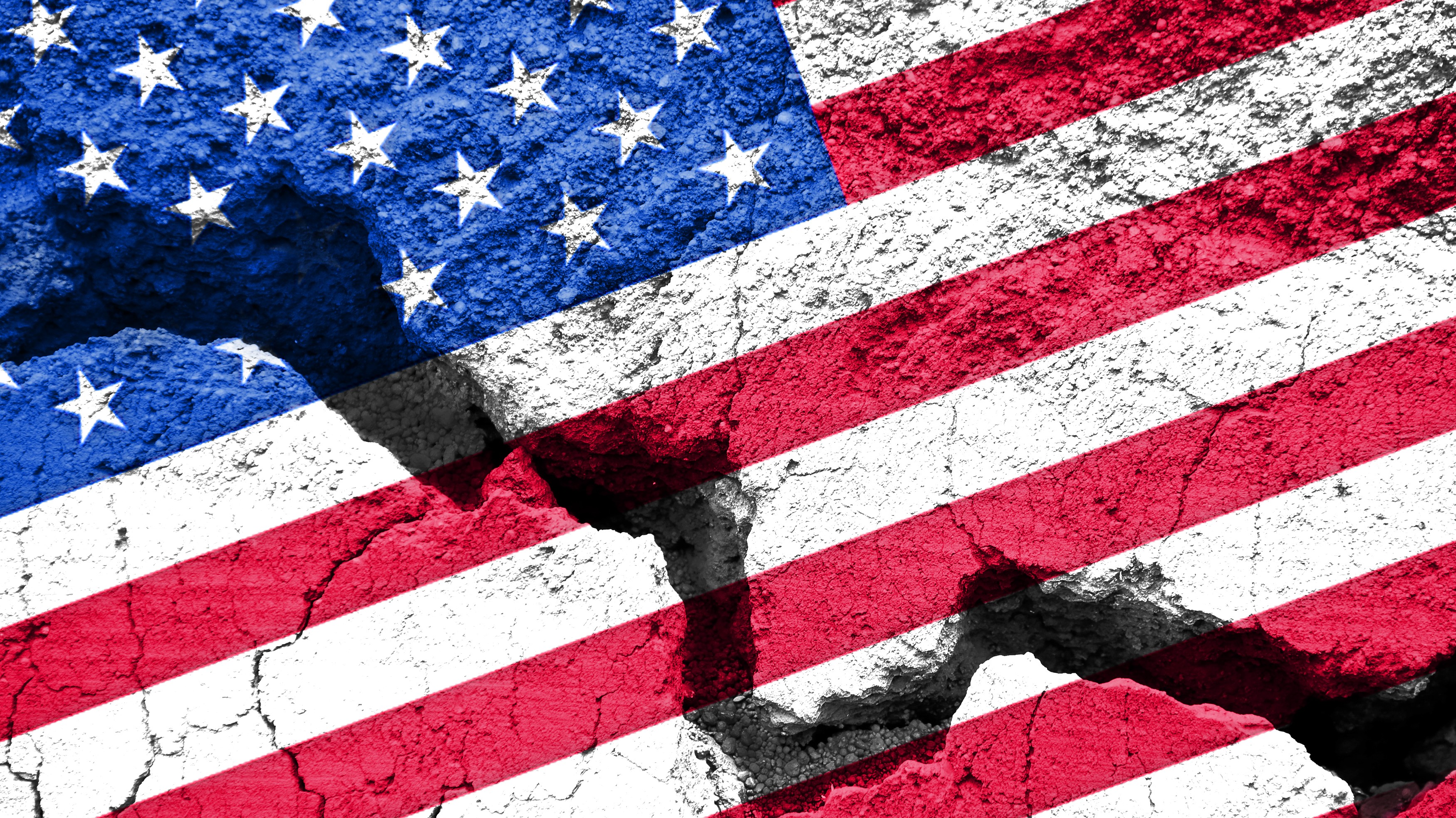Guest Post by
Lawmakers claim the RESTRICT Act — the Restricting the Emergence of Security Threats that Risk Information and Communications Technology Act — would give Congress new powers to mitigate national security threats posed by adversaries’ technology products, but critics called the bill a “dangerous substitute for comprehensive data privacy legislation.”

U.S. lawmakers are considering a bill that would grant the U.S. government vast new powers to surveil and censor U.S. citizens.
The RESTRICT Act — the Restricting the Emergence of Security Threats that Risk Information and Communications Technology Act, or Senate Bill 686 — would give the federal government new powers ostensibly to mitigate national security threats posed by technology products from countries that the U.S. deems adversarial.
The bill would grant the U.S. secretary of commerce the authority to “identify, deter, disrupt, prevent, prohibit, investigate, or otherwise mitigate” national security risks associated with technology linked to a foreign adversary.
There are only six countries on the foreign adversary list — China, Iran, North Korea, Venezuela, Russia and Cuba — but the bill allows the secretary and Congress to add any other country “if it became necessary.”





